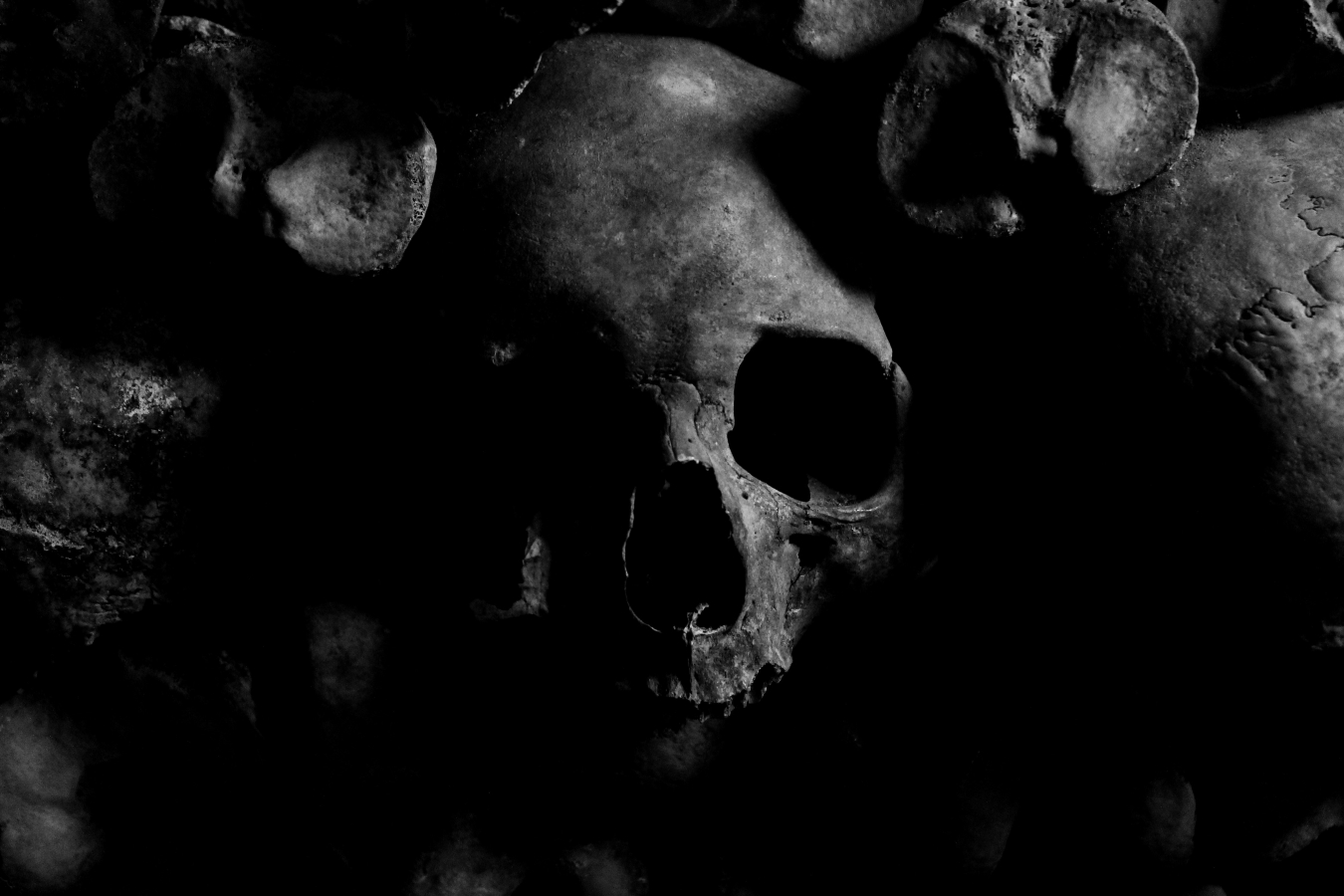Dajjal is the enigmatic figure that will come at the end of times to lead humanity astray, according to Islam. Dajjal, also known as the false messiah, is a deceiver that will signal the nearing of the Day of Judgment. There is a lot of symbolism surrounding Dajjal, and the interpretations can vary across Islamic traditions. Keeping this in mind, this blog will shed light on Dajjal’s identity, exploring the beliefs, characteristics, and origins of the deceiver.
Origins and Characteristics of Dajjal
The origins and characteristics of Dajjal are shrouded in mystery. According to Islamic scriptures, Dajjal has been mentioned in numerous prophetic traditions, predicting his emergence at the end of times. Descriptions about Dajjal provide interesting insights into the figure’s deformities and appearance, which are believed to be distinguishable and unique. Dajjal in Islam will either be blind or have one eye and will have a protruding forehead. Moreover, Dajjal has extraordinary abilities and powers, often linked to his deceptive nature. He will be able to travel swiftly, perform supernatural acts, and will claim to be divine.
Dajjal in Islam
Dajjal plays an important role in the end of times and the Day of Judgment. According to Islamic beliefs, Dajjal’s emergence was a major sign of the end of times, leading to a period of great tribulations and trials. Dajjal is connected to other significant events and signs that will occur before the Day of Judgment, like the emergence of Imam Mehdi, the return of Prophet Isa (Peace be Upon Him), and more.
When Prophet Isa (Peace be Upon Him) returns, he will play a pivotal role in eliminating Dajjal. After confronting and defeating Dajjal, Prophet Isa (Peace be Upon Him) will establish peace and restore justice throughout the world. The belief in the return of Prophet Isa (Peace be Upon Him) and his victory over Dajjal serves as a source of reassurance and hope, highlighting the fact that truth and righteousness will always triumph over deception and falsehood.
Beliefs Surrounding Dajjal
There are various interpretations of Dajjal across Islamic traditions. Theologians and scholars have offered varying perspectives and understanding of Dajjal’s role, while others approach the figure’s existence in a metaphorical or symbolic manner.
Symbolic interpretations view Dajjal as representing trials, corruption, tribulations, and falsehood in society. These symbolic and metaphorical interpretations make room for a broader understanding of Dajjal’s significance beyond his literal manifestation. Furthermore, the understanding of Dajjal is influenced by historical and cultural factors. Different historical events and contexts have shaped the understanding of Dajjal by incorporating local narratives, experiences, and beliefs.
Misconceptions about Dajjal
Dajjal is a frightening figure that signals the end of times, but there are a lot of misconceptions about this subject. One common misconception is associating Dajjal with fictional characters or figures from conspiracy theories. It is essential to clarify these misconceptions to have an accurate understanding of the subject.
Dajjal is a distinct concept within Islamic tradition and should not be associated with unrelated ideas or beliefs. By providing accurate information and clarifying misconceptions, Muslims can have a nuanced understanding of Dajjal. Furthermore, encouraging critical thinking is of vital importance when exploring concepts like Dajjal. Muslims must approach the subject with an open mind, seek reliable sources, and engage in beneficial discourse.
In conclusion, Dajjal has a significant place in Islamic traditions. Dajjal is prophesized to be a figure that is directly associated with the end of times and the Day of Judgment. While the concept of Dajjal has varying interpretations, one thing is for certain: Muslims must understand the importance of this figure, whether literal or metaphorical, to prepare themselves accordingly.


Mashallah, this is a very good explanation for who the Dajjal is and what his role in the day of judgment is. Thank you for this great blog, may Allah SWT forgive your sins and let you enter the paradise Inshallah🤲🏽🤲🏽. Cant wait to learn more and more.
One fundamental question arisen among scholars these days regarding the figure of dajjal !?
Some have mentionner is already occurred ie : corrupting people ( music , intelligence artificiel ) and others refer to a human being!? Would you be please more information in regards to those 2 concepts ?